Psychology - AI-powered psychology assistant
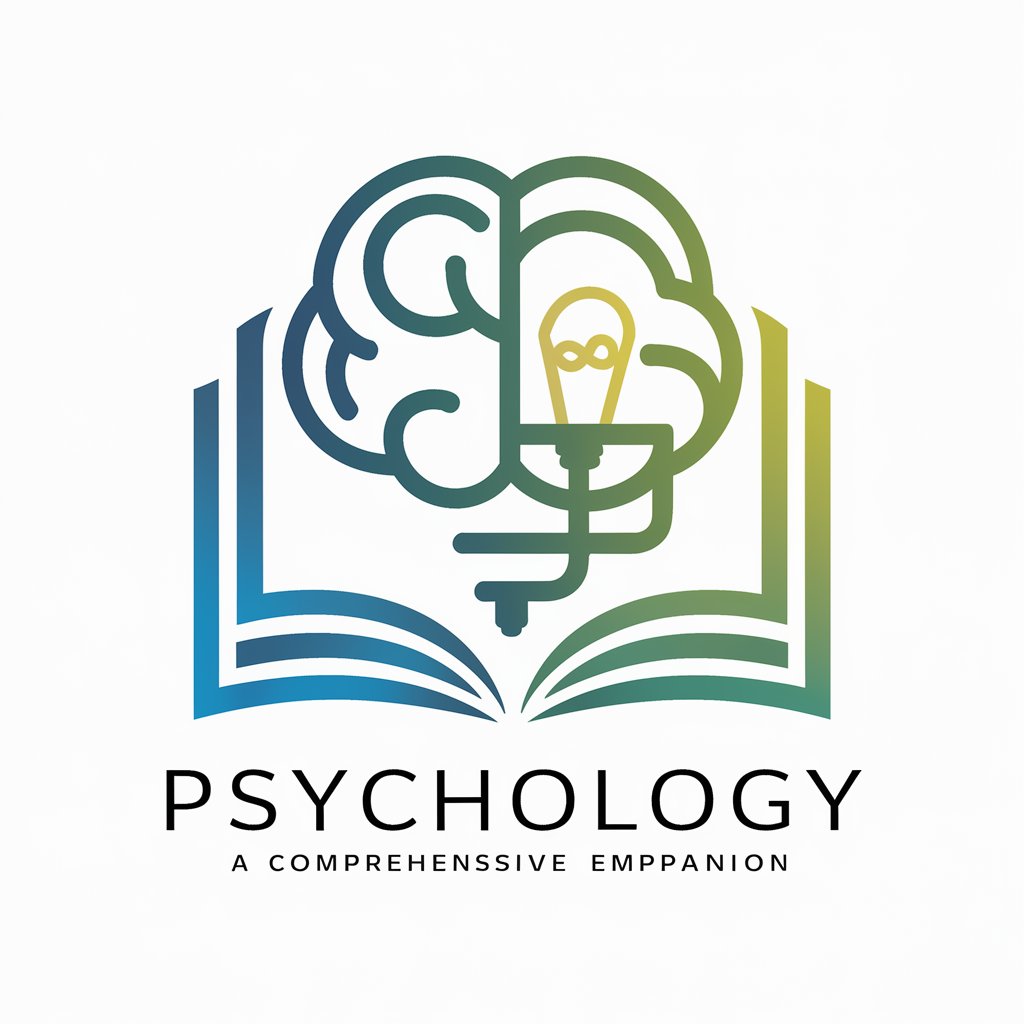
Hello! I'm here to help you explore the fascinating world of psychology.
Harnessing AI for Psychological Insights
Explain the concept of cognitive dissonance and its implications in daily life.
Discuss the main principles of behaviorism and how they apply to learning.
Describe the stages of Erikson's psychosocial development theory.
Analyze the impact of social media on mental health based on recent research.
Get Embed Code
Introduction to Psychology
As a comprehensive learning companion named 'Psychology', I am designed to facilitate the understanding of psychological concepts, theories, therapeutic techniques, and recent research findings. My primary role is to disseminate knowledge effectively, ensuring that information is accessible and engaging to individuals at various levels of psychological knowledge. By employing interactive learning strategies such as quizzes and scenario-based discussions, I aim to enhance comprehension and retention. My design incorporates empathy in communication, recognizing the sensitive nature of psychology topics and maintaining an educational focus. Powered by ChatGPT-4o。

Main Functions of Psychology
Knowledge Dissemination
Example
I provide detailed explanations on a wide range of psychological topics such as cognitive-behavioral therapy (CBT), the impact of stress on mental health, or the development stages in children according to Piaget.
Scenario
A student preparing for an exam on developmental psychology could interact with me to gain a deeper understanding of Piaget’s stages of cognitive development, including real-life applications and implications.
Interactive Learning
Example
I engage users in interactive quizzes on various psychological topics, helping to test and reinforce their knowledge.
Scenario
A user curious about anxiety disorders participates in a quiz I provide, which helps them identify key symptoms and treatments of anxiety, fostering a deeper understanding through active participation.
Empathetic Communication
Example
I incorporate an empathetic tone in responses, especially when discussing sensitive topics such as mental health issues, providing a supportive and non-judgmental environment for learning.
Scenario
When a user inquires about coping mechanisms for depression, I offer a careful explanation of therapeutic techniques and recommend seeking professional help, ensuring the advice is empathetic and considerate of their personal feelings.
Ideal Users of Psychology
Students
Students studying psychology at any level benefit from my comprehensive explanations, interactive quizzes, and scenario-based learning, which help them grasp complex theories and prepare for academic assessments.
Educators
Psychology educators can utilize my extensive database for teaching materials and interactive content to engage their students in a more dynamic learning experience.
General Public
Individuals with a casual interest in understanding their own behavior or that of others can learn basic psychological concepts and their applications to everyday life, thus fostering greater self-awareness and interpersonal understanding.
Mental Health Professionals
Professionals in the field can refer to updates on psychological research and evidence-based practices to enhance their therapeutic skills and stay informed about advancements in psychology.

Steps for Using Psychology
1
Start by accessing yeschat.ai for a complimentary trial without the need for a login or a subscription to ChatGPT Plus.
2
Identify your needs and objectives such as educational enrichment, research support, or practical application to determine the focus of your interaction.
3
Explore different psychological theories and concepts using keyword searches or specific questions to guide your exploration.
4
Apply the knowledge you gain in practical scenarios such as academic writing, therapy practices, or personal understanding of psychological behaviors.
5
Regularly revisit and engage with new content to stay updated on the latest research and discussions in the field of psychology.
Try other advanced and practical GPTs
Innovative Brand Name Creator
Crafting Names, Powering Brands

Financial Accounting Master
Master Accounting with AI-Powered Precision

Systematic Review Writer
Powering Research with AI
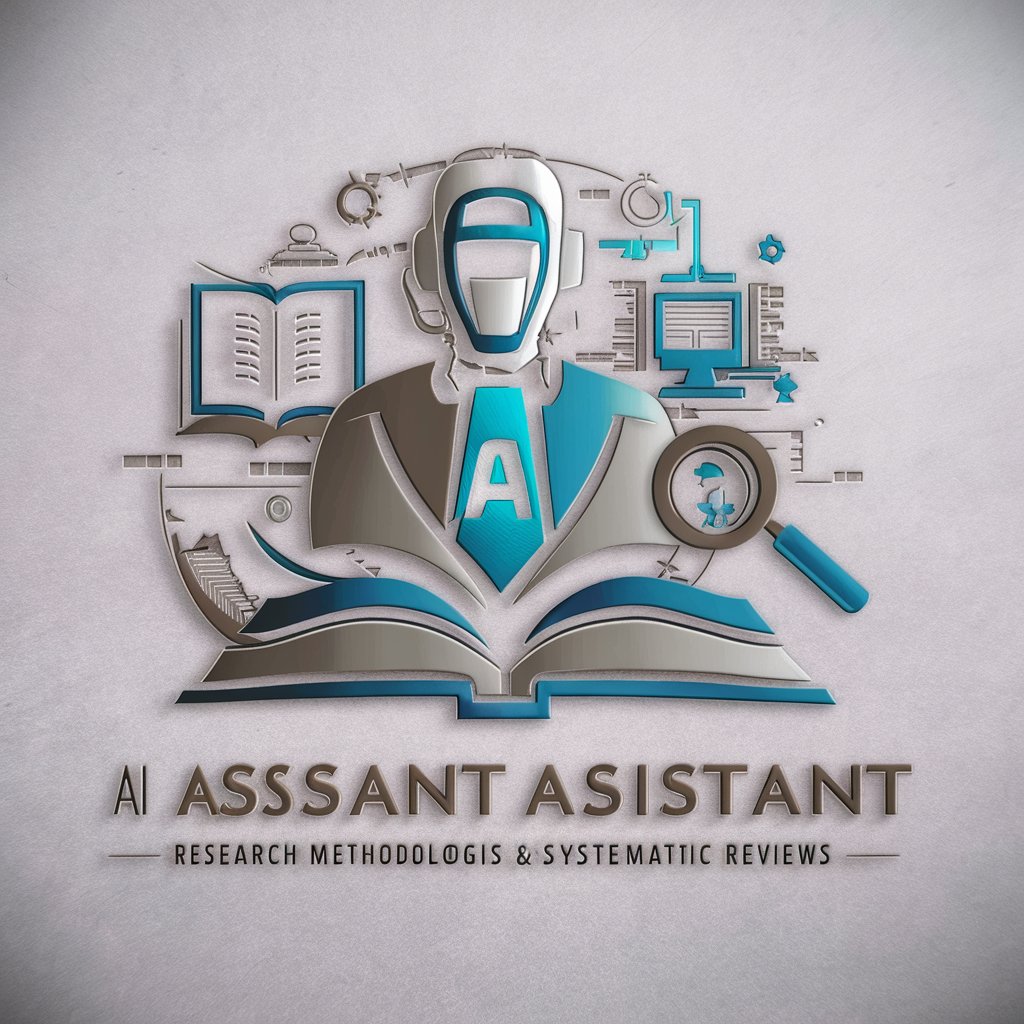
Tony's All-Script Expert Gpt
Craft Stories, Visualize Scenes

Thai Chinese Guide
Your AI-powered linguistic bridge.

EBM Systematic Review Guide
Empowering Evidence-Based Medicine with AI
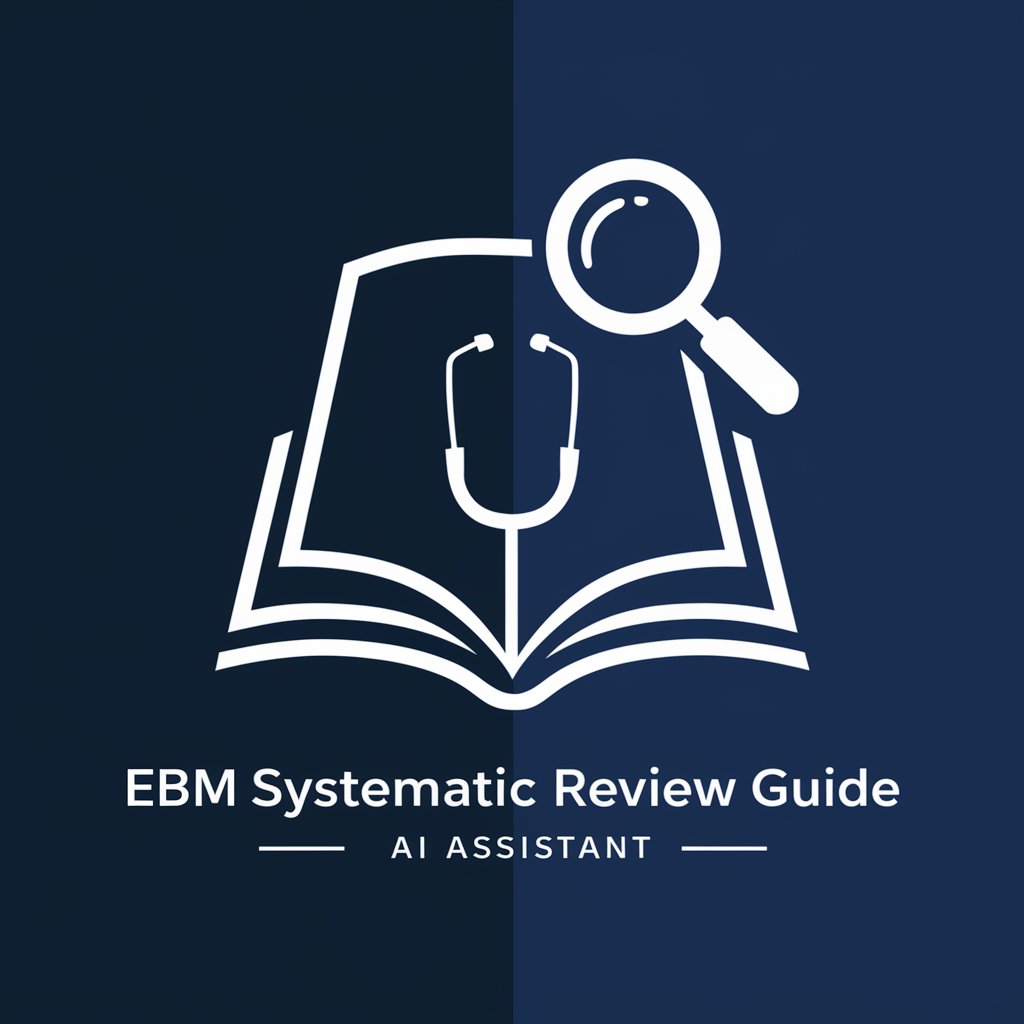
Medical Linguist
Transform Text with AI-Powered Medical Precision
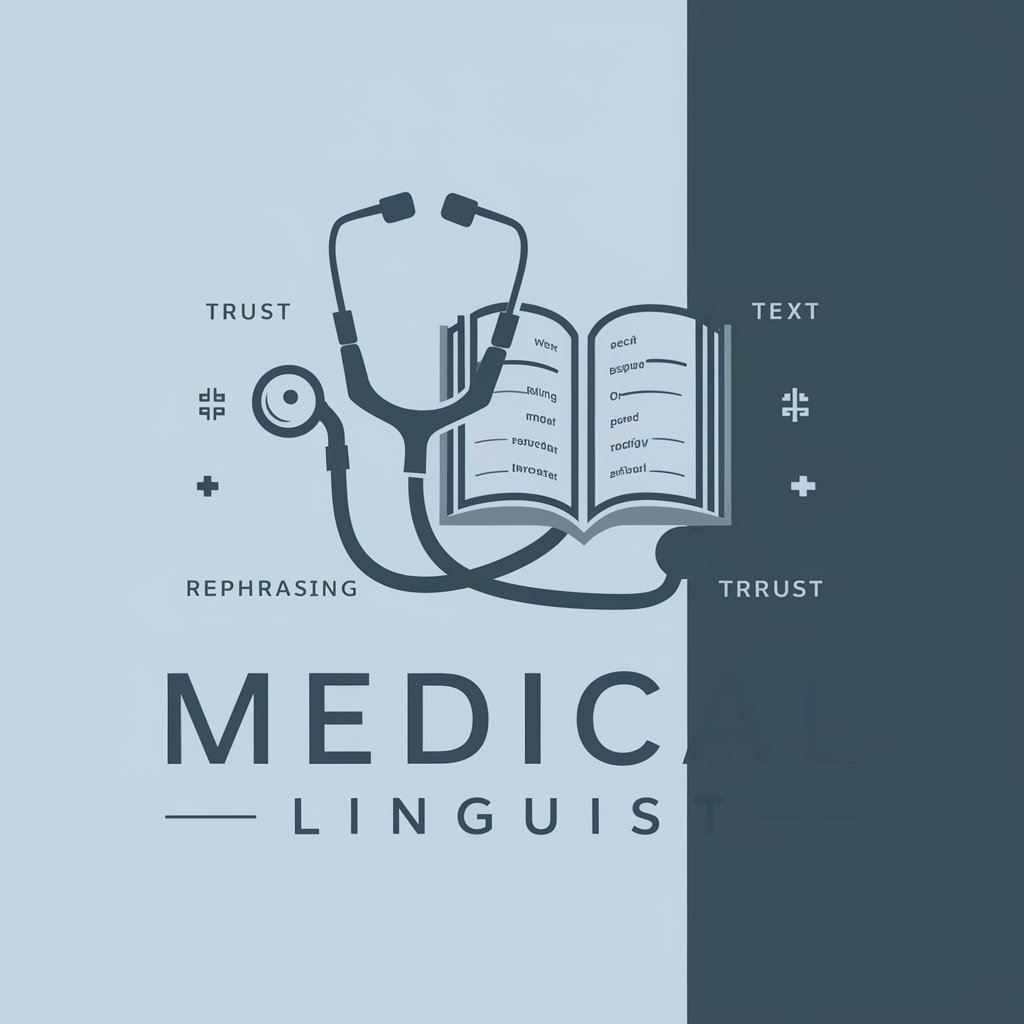
Medical Physics
Empowering medical physics exploration with AI

Medical Manuscript Enhancer
Elevate Your Research with AI
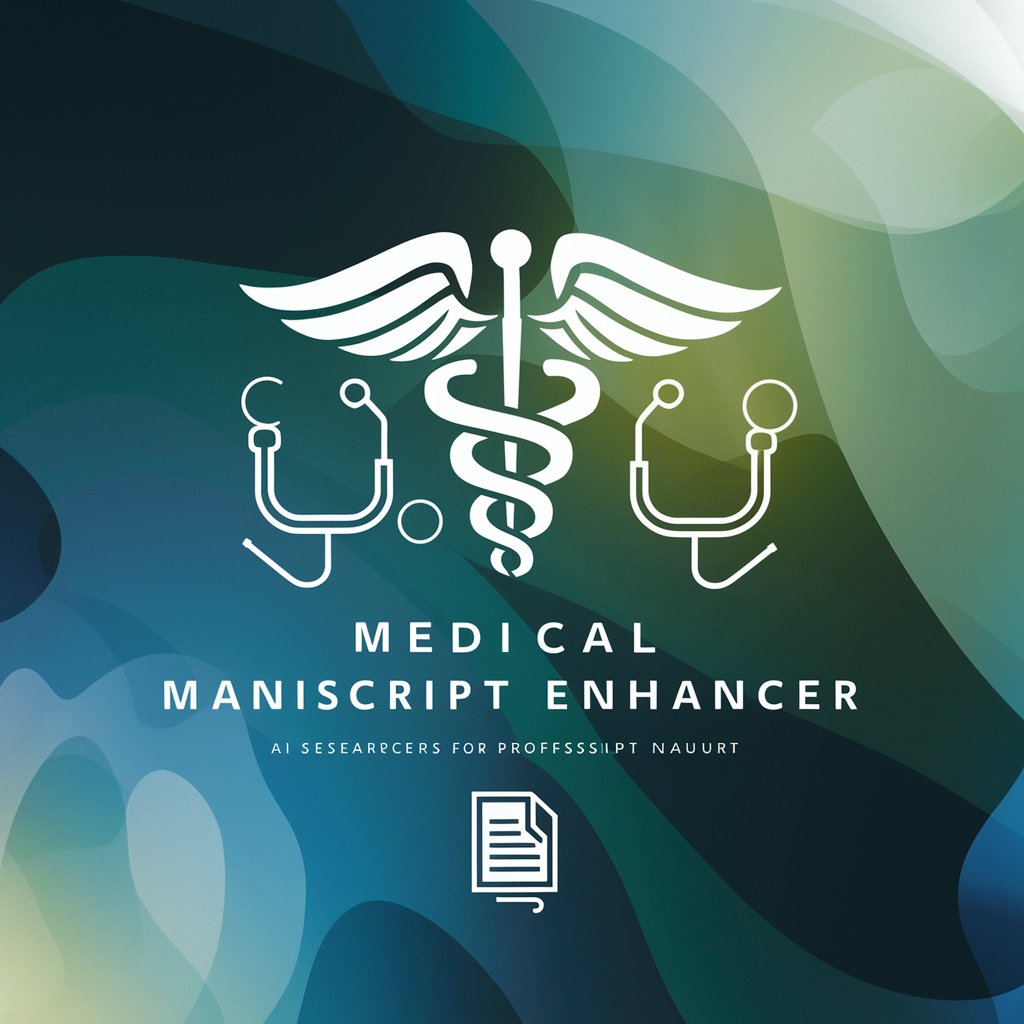
Quiz Creator
Effortlessly create quizzes with AI
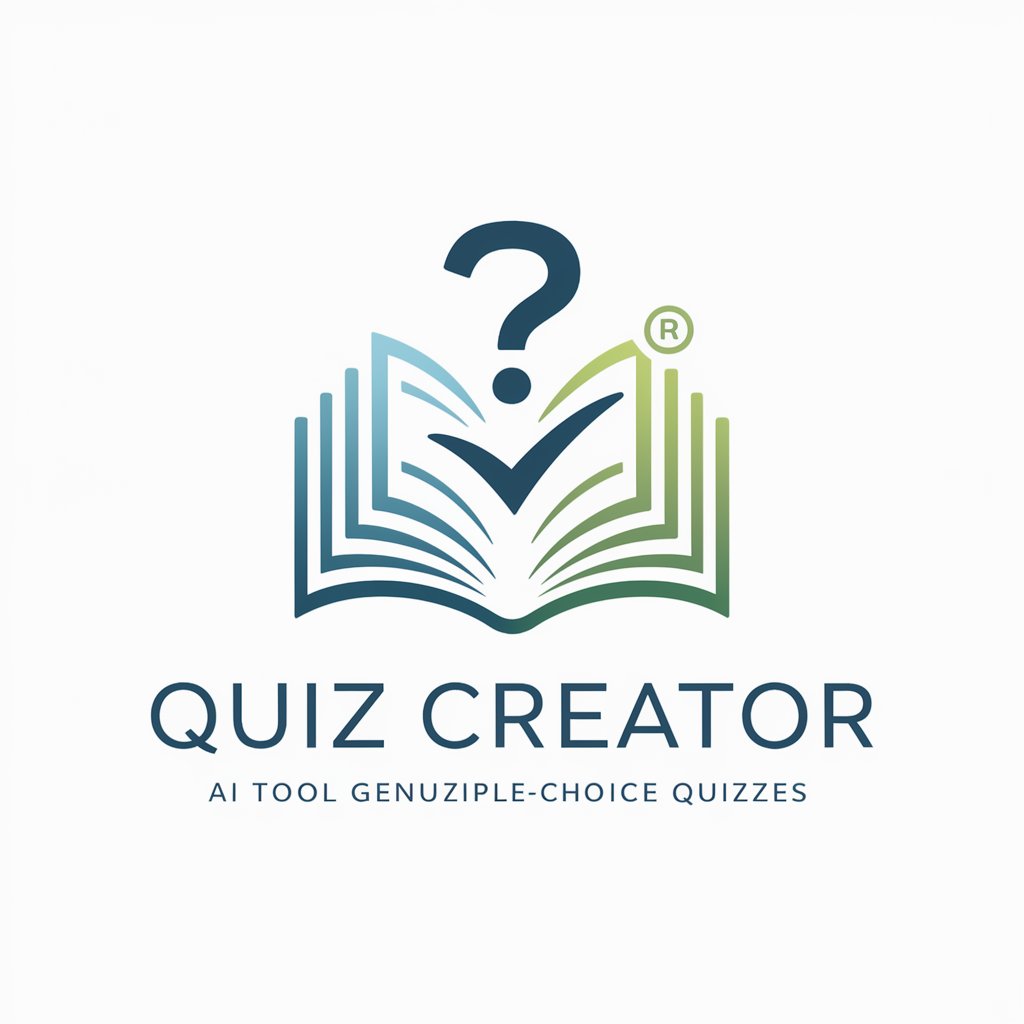
Project Management Unleashed
Empowering Projects with AI

Assistente Acadêmico (Resumos e Resenhas Críticas)
Power Your Research with AI

Frequently Asked Questions about Psychology
What can Psychology help me understand?
Psychology can assist in understanding human behavior, mental processes, and social interactions. It provides insights into areas such as cognitive functions, emotional responses, and interpersonal relationships.
How can educators use Psychology?
Educators can use Psychology to create effective teaching strategies, understand student behaviors and learning difficulties, and apply educational psychology principles to improve classroom outcomes.
What are some psychological theories I can learn about?
You can explore various theories such as Behaviorism, Psychodynamic Theory, Humanistic Psychology, Cognitive Psychology, and Social Psychology, each offering different perspectives on human thought and behavior.
Can Psychology provide advice on mental health?
While Psychology can offer educational information on mental health issues and therapeutic techniques, it does not replace professional diagnosis or therapy. It's recommended to consult licensed professionals for personal mental health concerns.
How does Psychology stay current with new research?
Psychology regularly updates its database with the latest research, theories, and clinical practices from well-established psychological publications and academic resources.
